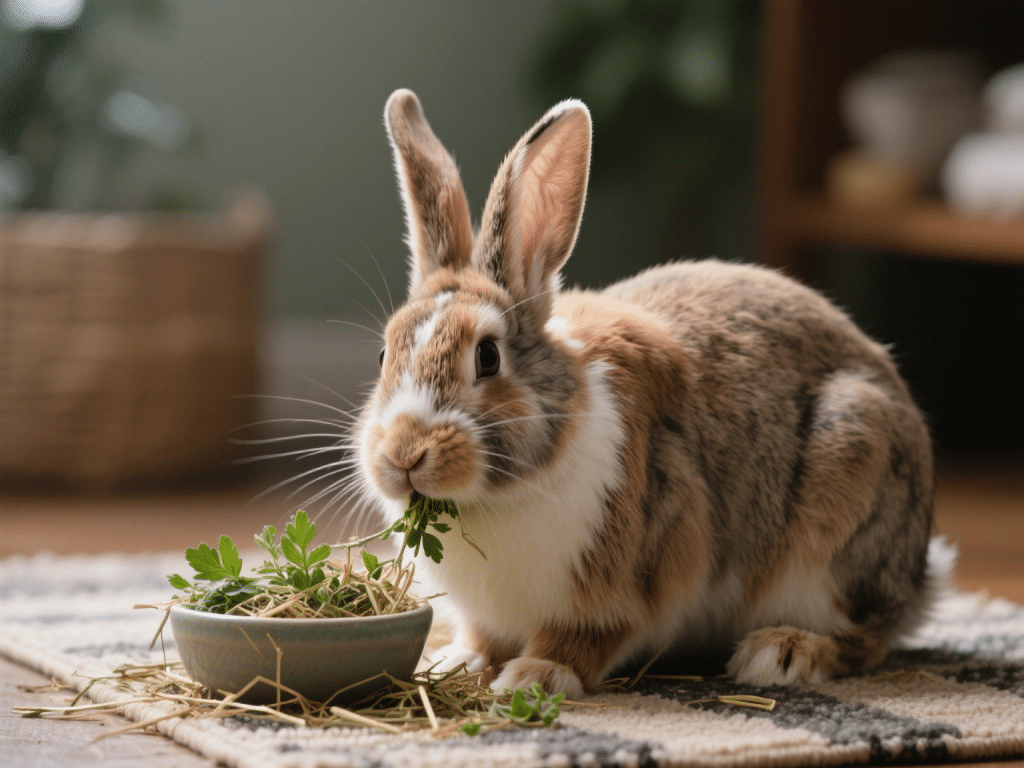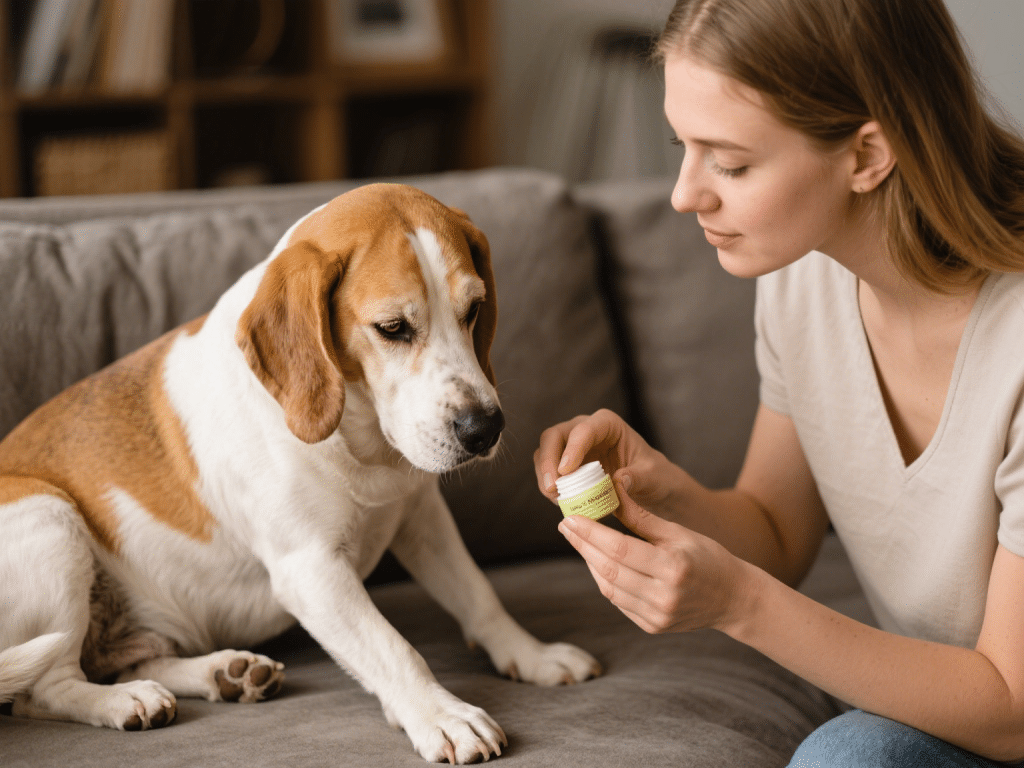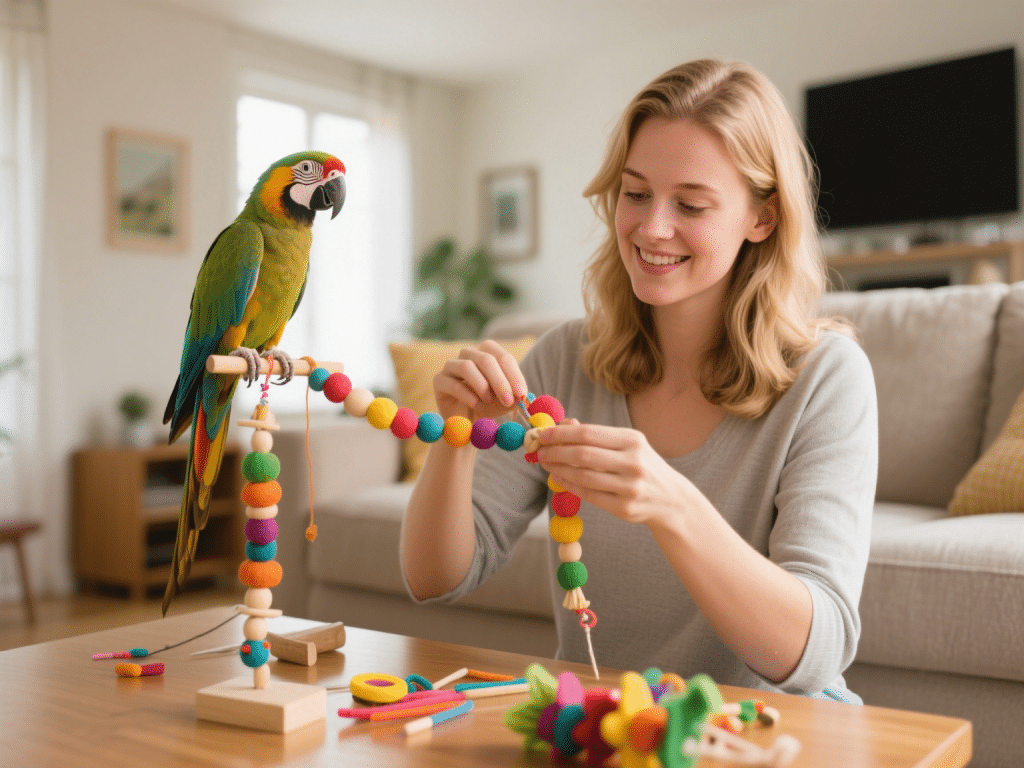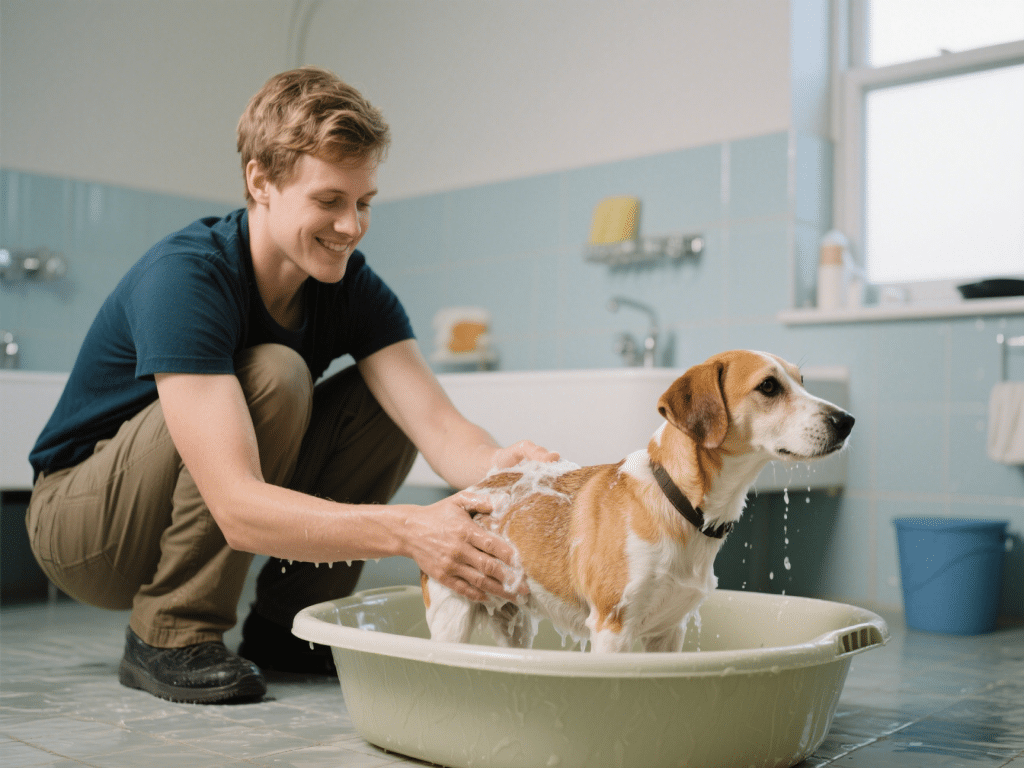Understanding Pet Health: Preventative Care and Regular Check-ups
Understanding Pet Health: Preventative Care and Regular Check-ups Are Lifesavers
Owning a pet brings immense joy, but it also carries the responsibility of safeguarding their well-being. Unlike humans, pets can’t vocalize early signs of illness. This makes proactive, preventative healthcare – centered around regular veterinary check-ups – not just beneficial, but absolutely critical for a long, healthy, and happy life. Waiting until your pet seems sick often means addressing advanced, costlier, and sometimes untreatable conditions.
The Core Pillars of Preventative Pet Care
Preventative care is a multi-faceted approach designed to stop diseases before they start or catch them at their most treatable stage:
Vaccinations: Tailored protocols based on species, age, lifestyle (indoor/outdoor), and regional disease risks. Core vaccines (e.g., Rabies, Distemper for dogs; Panleukopenia for cats) are essential for all. Non-core vaccines (e.g., Leptospirosis, Bordetella for dogs; Feline Leukemia for at-risk cats) are recommended based on individual exposure. Consistency is key – follow your vet’s booster schedule.
Parasite Prevention & Control: A year-round necessity.
Internal Parasites: Regular deworming (often monthly) tackles roundworms, hookworms, whipworms, and tapeworms. Heartworm prevention (monthly chewable or injection) is crucial and requires annual testing before starting or restarting.
External Parasites: Effective monthly (or longer-lasting) treatments for fleas and ticks prevent infestations, discomfort, skin disease, and transmission of serious illnesses (e.g., Lyme disease, Anaplasmosis, Bartonella). Discuss the safest, most effective options for your pet with your vet.
Dental Care: Periodontal disease affects the majority of adult pets and has systemic health consequences (heart, kidney, liver disease). Preventative care includes:
Regular Dental Assessments: Part of every check-up.
Professional Dental Cleanings: Performed under anesthesia as recommended by your vet (often annually after age 3).
Home Dental Care: Daily tooth brushing with pet-safe toothpaste is the gold standard. Dental chews, water additives, and specific diets can offer supplementary benefits.
Nutrition & Weight Management: Obesity is a leading preventable health problem, contributing to arthritis, diabetes, and heart disease. Your vet can recommend an appropriate diet (life stage, health status) and portion control. Discuss any treats or supplements. Annual body condition scoring helps track weight effectively.
Why the Annual (or Biannual) Wellness Exam is Non-Negotiable
Think of your pet’s wellness exam as their essential health audit. These visits, typically recommended annually for younger adults and twice yearly for seniors (pets age 7+) or those with chronic conditions, go far beyond vaccines:
Early Disease Detection: Vets are trained to spot subtle signs owners miss – a heart murmur, a small lump, dental tartar under the gum line, changes in joint mobility, early kidney disease indicators in bloodwork. Catching issues like cancer, kidney disease, hyperthyroidism (cats), or arthritis early dramatically improves treatment success and quality of life.
Comprehensive Physical Examination: Nose to tail assessment including eyes, ears, mouth, skin/coat, lymph nodes, heart, lungs, abdomen, muscles, joints, and neurological function.
Diagnostic Screening: Based on age and health, your vet may recommend:
Bloodwork (CBC, Chemistry Panel): Evaluates organ function, blood cell counts, detects infections, diabetes, etc.
Urinalysis: Assesses kidney health, detects diabetes, urinary tract infections, crystals.
Fecal Exam: Checks for intestinal parasites missed by routine dewormers.
Senior Pet Panels: Often include thyroid testing (especially cats), more comprehensive bloodwork, and sometimes blood pressure monitoring.
Tailored Health Plan: Your vet uses the exam and test results to update vaccination status, adjust parasite control, discuss diet and weight, address behavioral concerns, and create a personalized care plan for the coming months.
Establishing a Baseline: Regular exams create a record of “normal” for your pet, making it easier to spot concerning changes later.
Proactive Care at Home: Partnering with Your Vet
Between vet visits, be your pet’s health advocate:
Observe Closely: Note changes in appetite, thirst, urination, defecation, energy levels, breathing, mobility, lumps, bumps, scratching, or behavior. Keep a log if needed.
Maintain Hygiene: Regular grooming (brushing, nail trims, ear cleaning as advised) helps spot skin issues or parasites.
Provide Mental & Physical Stimulation: Enrichment activities and appropriate exercise are vital for overall health and preventing obesity and behavioral problems.
Follow Prescriptions & Recommendations: Administer all medications (preventatives, treatments) exactly as directed. Implement dietary or exercise plans discussed with your vet.
The Lifelong Investment
Preventative care and regular veterinary check-ups represent an investment in your pet’s longevity and vitality. While there are costs involved, they pale in comparison to the emotional and financial toll of treating advanced, preventable diseases. By partnering proactively with your veterinarian, you are giving your beloved companion the very best chance at a long, healthy, and joyful life by your side. Don’t wait for symptoms – schedule that wellness exam today. Proactive care is the truest form of love for your furry family member.
Simple Preventative Care Checklist (Discuss Timing with Your Vet):
| Care Element | Puppy/Kitten | Adult (1-7 yrs) | Senior (7+ yrs) |
|---|
| Vet Wellness Exam | Every 3-4 weeks | Annually | Every 6 months |
| Core Vaccines | Initial series + 1yr booster | As per vet protocol (often 1-3 yrs) | As per vet protocol |
| Rabies Vaccine | Initial + booster | As required by law (1-3 yrs) | As required by law |
| Heartworm Test | Before prevention | Annually | Annually |
| Heartworm/Flea/Tick | Start prevention | Monthly/Year-round | Monthly/Year-round |
| Intestinal Deworming | Per vet schedule | Often monthly | Often monthly |
| Fecal Exam | Initial & as needed | Annually/as needed | Annually/as needed |
| Blood/Urine Screen | As needed | Baseline (1-2 yrs) | Annually/Biannually |
| Dental Check | Every exam | Every exam | Every exam |
| Professional Dental | As needed | As recommended (often 1-2 yrs) | As recommended |
| Weight Assessment | Every exam | Every exam | Every exam |









Comments on "Understanding Pet Health: Preventative Care and Regular Check-ups" :